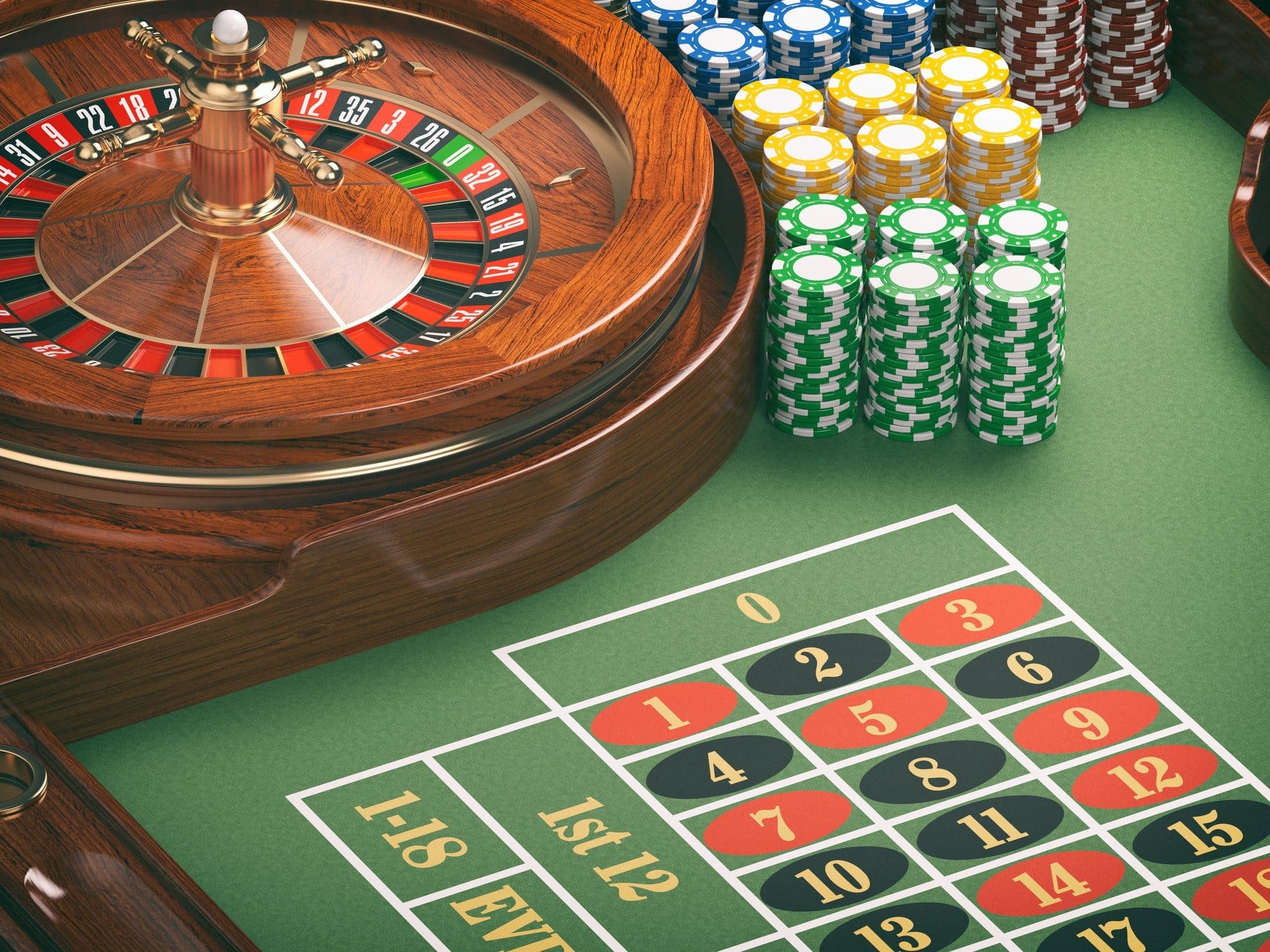
Casino games have long enthralled players from all walks of life, drawing them into vibrant casinos filled with the noises of spinning wheels, clattering chips, and cheering crowds. The thrill of chance and the allure of potential winnings create an exhilarating atmosphere that keeps gamblers returning for more. Whether it is the excitement of a slot machine, the thoughtful play of poker, or the anticipation of a roulette wheel, casino games offer a distinct combination of fun and risk that can be hard to resist.
At the heart of this fascination lies a mental pull that varies from person to person. For some, the excitement of hitting a jackpot can elevate their mood, while for others, it’s a social experience that brings friends together. The colorful visuals, engaging sounds, and sometimes lavish environments of casinos greatly improve the appeal, making each visit an adventure waiting to unfold. As we explore why gamblers are drawn to these games, we uncover the underlying motivations and emotions that fuel their love for the betting tables.
Understanding Gambling Psychology
The appeal of casino games often arises from the nuanced psychology of gambling itself. Many people are drawn to the thrill of risking money for the opportunity of winning more, as it connects with a profound human desire for excitement and reward. This high can create a profound emotional experience. The combination of risk and potential monetary gain can stimulate a dopamine surge, making players feel energized.
Furthermore, the design of casino games is engineered to keep players engaged. The use of vibrant lights, captivating sounds, and the social atmosphere of casinos can amplify the excitement. Players typically find themselves immersed in these settings, where the anticipation of a win encourages them to return. This sensory overload encourages longer gaming sessions, as the rapid feedback from wins, however insignificant, reinforces the desire to continue gambling.
Finally, mental shortcuts play a major role in gambling behavior. Many gamblers fall prey to the illusion of control, believing they can influence outcomes even in games of luck. This attitude can lead to overoptimism and the continuation of play, despite rising losses. Additionally, gamblers often remember their wins more clearly than their losses, which can skew their understanding and intensify the desire to continue gambling. This multifaceted interplay between emotions and cognitive factors helps explain why so many are attracted to casino games. https://oke179.life/
A Appeal of Casino Environments
The atmosphere of a casino is distinctively captivating, drawing in players with its blend of thrill and eagerness. The visuals and auditory experiences of twirling slot machines, enthusiastic gamblers, and the repetitive clatter of tokens create an immersive experience that is difficult to pass up. The bright lights and energetic arrangement foster a atmosphere of excitement that keeps players engaged and invites them to remain for longer periods. This contagious atmosphere contributes to the overall charm of gaming activities, enticing both novice and veteran bettors alike.
In addition, casinos are crafted to arouse the sensory experience in a manner that makes players feel as though they are embarking on a exciting adventure. The strategic placement of entertainment choices, comfortable areas, and on-the-house snacks enhance the overall value, making visitors feel appreciated and pampered. Many gaming centers also feature decorative decorations and elaborate designs that carry visitors to various realms, amplifying the thrill. Such environments foster a feeling of escapism, allowing players to disregard their normal routines and immerse into the thrilling domain of risk.
Ultimately, the existence of fellow players amplifies the communal dimension of gambling, creating a collective excitement. Interactions among players, either through light-hearted banter or mutual joy during a significant success, cultivate a notion of togetherness that many find tempting. This interpersonal connectivity enhances the adventure of playing casino activities, transforming it from a solitary endeavor into a shared experience. The mixture of thrill, engaging atmospheres, and interpersonal bonds makes casinos an compelling spot for players looking for fun and a opportunity to profit.
Comprehending Game Mechanics
Gambling games are designed with specific mechanics that attract players. Every game has its specific set of rules, stake frameworks, and probability ratios, allowing players to engage with the game on multiple levels. The thrill of placing a bet and the anticipation of the outcome creates an exciting atmosphere. Comprehending these mechanics can enhance a player’s appreciation for the game and improve their overall experience.
An additional crucial aspect of game mechanics is the principle of randomness. Many casino games, especially slot machines and table games, rely on random number generators or shuffling to determine outcomes. This randomness is what keeps players returning; the unpredictable nature of the game creates a sense of possibility and excitement. Knowing that each play or deal is independent of the last contributes to the appeal, as players perceive they have a chance at winning, regardless of past outcomes.
Ultimately, the emotional response tied to game mechanics should not be underestimated. The excitement of a major payout or the tension during critical moments are essential to the enjoyment of casino games. These emotional highs and lows leverage psychological triggers that keep players engaged for longer periods. Understanding these emotional responses to game mechanics can help explain why so many are drawn to the thrill of casino games, continually seeking that upcoming exhilarating moment.